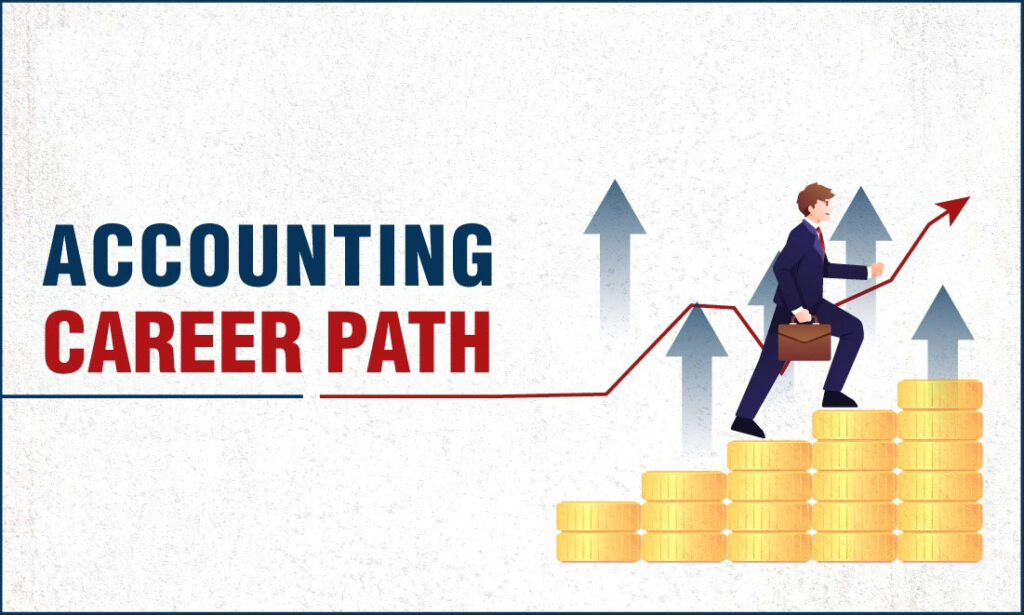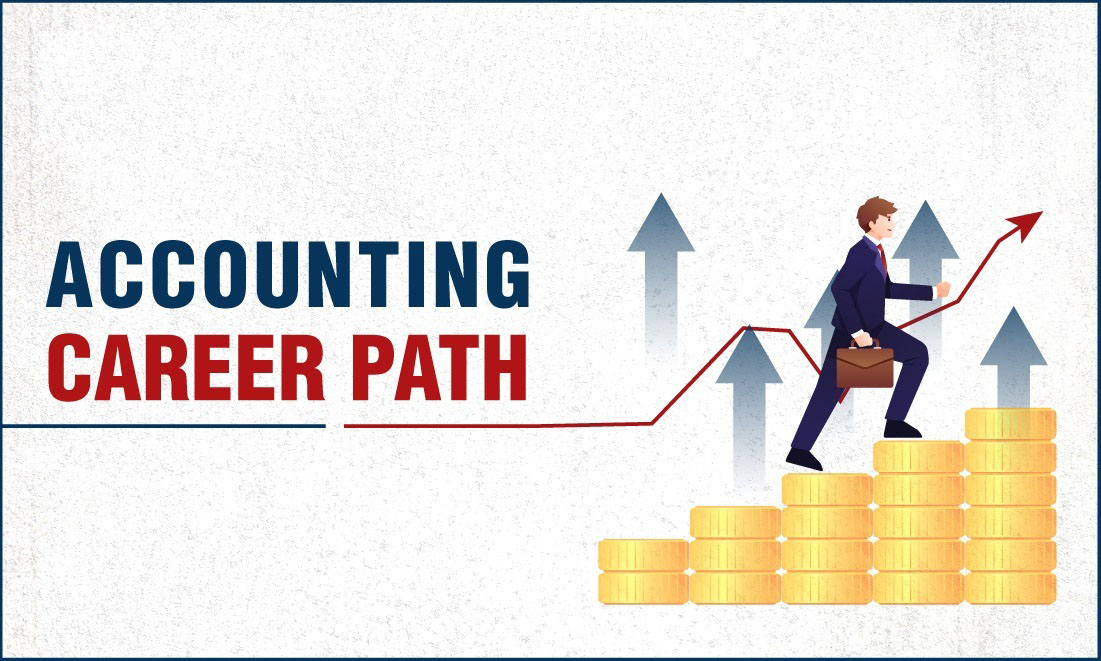
In today’s fast-paced, digitally driven world, the traditional classroom is no longer the only path to achieving a degree. The rise of online education has opened doors for countless individuals, especially those interested in fields like accounting. An online degree in accounting offers flexibility, accessibility, and an opportunity to gain the knowledge necessary to excel in this vital profession. This article will explore the pathways to success in obtaining an online accounting degree, the benefits it provides, the skills required, and the potential career opportunities that lie ahead.
Understanding the Landscape of Online Accounting Degrees
The world of accounting is evolving. With advancements in technology and changes in regulatory environments, the demand for qualified accountants is higher than ever. According to the Bureau of Labor Statistics, employment in the accounting sector is projected to grow by 6% from 2021 to 2031, faster than the average for all occupations. As businesses increasingly operate online and require financial transparency, the need for skilled accountants is paramount.
Online accounting programs have proliferated in response to this demand. Universities and colleges offer a variety of degree options, including associate, bachelor’s, master’s, and even doctorate degrees in accounting. This diversity enables students to choose a pathway that aligns with their career goals and current life circumstances.
Types of Online Accounting Degrees
- Associate Degree in Accounting: Typically a two-year program that provides foundational knowledge in accounting principles, business practices, and financial reporting. This degree is often seen as a stepping stone to further education and entry-level positions.
- Bachelor’s Degree in Accounting: A four-year degree that covers advanced topics such as tax accounting, auditing, and financial analysis. This degree is essential for those seeking to become certified public accountants (CPAs) and is highly regarded by employers.
- Master’s Degree in Accounting: This advanced degree is designed for those who want to deepen their understanding of accounting practices, pursue leadership roles, or specialize in areas like forensic accounting or taxation. A master’s degree often includes coursework that prepares students for CPA licensure.
- Doctorate in Accounting: Intended for those interested in academic or high-level consultancy roles, a doctoral degree provides a thorough understanding of advanced accounting theories and practices. It prepares graduates for careers in research, teaching, or executive positions.
The Advantages of Pursuing an Online Accounting Degree
Flexibility and Convenience
One of the most significant benefits of online education is the flexibility it offers. Students can study at their own pace, balancing academic responsibilities with work, family, and other commitments. This flexibility is particularly advantageous for adult learners or those already employed in the workforce who wish to enhance their skills without sacrificing their jobs.
Accessibility
Online programs provide access to high-quality education regardless of geographical location. Students can enroll in programs offered by institutions across the country or even internationally, widening their options and allowing them to find the best fit for their academic and professional goals.
Cost-Effectiveness
Online degrees can often be more affordable than their traditional counterparts. Students save on commuting costs, housing expenses, and other fees associated with on-campus living. Additionally, many online programs offer financial aid and scholarships to help reduce the financial burden.
Networking Opportunities
While online education may seem isolating, it often includes collaborative projects, discussion forums, and virtual networking opportunities. Students can connect with peers, industry professionals, and professors, building valuable relationships that can benefit their careers.
Skills Required for Success in Accounting
To succeed in an online accounting program and the accounting field, students must develop a range of skills:
- Analytical Skills: Accountants must analyze financial data, identify trends, and make data-driven decisions. Strong analytical skills enable them to interpret complex information and provide insights.
- Attention to Detail: Accuracy is critical in accounting. Small errors can lead to significant financial discrepancies, so attention to detail is essential for success.
- Technical Proficiency: Familiarity with accounting software and tools, such as QuickBooks, Excel, and ERP systems, is crucial. As technology continues to evolve, staying updated on the latest software trends is important.
- Communication Skills: Accountants often need to explain complex financial information to clients or colleagues who may not have a financial background. Strong written and verbal communication skills are necessary for effective collaboration and presentation.
- Ethical Judgment: Given the nature of financial reporting and the trust placed in accountants, ethical judgment and integrity are paramount. Understanding and adhering to ethical standards is crucial for building a successful career in accounting.
Choosing the Right Online Accounting Program
Selecting an online accounting program can be daunting, given the plethora of options available. Here are some key factors to consider:
Accreditation
Ensure that the program is accredited by a recognized agency, such as the Association to Advance Collegiate Schools of Business (AACSB) or the Accreditation Council for Business Schools and Programs (ACBSP). Accreditation ensures that the program meets high academic standards and is respected by employers.
Curriculum
Review the curriculum to ensure it covers essential topics such as financial accounting, managerial accounting, tax law, and auditing. Some programs also offer electives or specializations that align with specific career goals.
Faculty Qualifications
Research the qualifications of the faculty members. Instructors with real-world experience and advanced degrees can provide valuable insights and guidance.
Support Services
Look for programs that offer robust support services, including academic advising, tutoring, and career counseling. These resources can enhance the online learning experience and aid in career development.
Student Reviews and Outcomes
Read reviews from current and former students to gauge their experiences with the program. Additionally, investigate graduation rates, job placement rates, and alumni success stories to assess the program’s effectiveness.
Navigating the Online Learning Environment
Once enrolled in an online accounting program, students must adapt to a new learning environment. Here are some tips for successfully navigating online education:
Stay Organized
Develop a schedule that allocates time for studying, assignments, and exams. Use digital tools like calendars and task management apps to stay organized and keep track of deadlines.
Engage Actively
Participate in discussion forums, group projects, and networking events. Engaging with classmates and instructors enhances the learning experience and fosters a sense of community.
Utilize Resources
Take advantage of available resources, such as online libraries, writing centers, and academic support services. These resources can help improve understanding and performance in coursework.
Seek Feedback
Regularly seek feedback from instructors on assignments and projects. Constructive criticism can help students improve their work and develop a deeper understanding of accounting principles.
Balance Work and Study
If working while studying, find a balance that allows for both professional and academic success. Communicate with employers about your educational commitments and explore flexible work arrangements if necessary.
Career Opportunities with an Online Accounting Degree
An online accounting degree opens up a wide array of career opportunities across various sectors. Some potential career paths include:
Certified Public Accountant (CPA)
CPAs are licensed professionals who provide a range of accounting services, including auditing, tax preparation, and consulting. To become a CPA, candidates must pass the Uniform CPA Examination and meet state-specific requirements.
Financial Analyst
Financial analysts assess financial data and trends to guide investment decisions. They work in banks, investment firms, and corporate finance departments, analyzing market conditions and providing insights to clients or management.
Tax Consultant
Tax consultants specialize in tax-related issues, helping individuals and businesses navigate complex tax regulations. They prepare tax returns, provide tax planning advice, and ensure compliance with tax laws.
Auditor
Auditors examine financial statements and records to ensure accuracy and compliance with regulations. They can work internally within organizations or externally as part of accounting firms.
Forensic Accountant
Forensic accountants investigate financial discrepancies and fraud. They work closely with law enforcement agencies and legal teams to analyze financial data and provide expert testimony in court.
Management Accountant
Management accountants work within organizations to provide insights on budgeting, forecasting, and performance evaluation. They play a crucial role in strategic decision-making by analyzing financial data.
Conclusion
Pursuing an online degree in accounting is a promising pathway to success in a rapidly growing field. With the flexibility, accessibility, and affordability of online programs, individuals can take control of their educational journeys and advance their careers in accounting. By developing essential skills, choosing the right program, and navigating the online learning environment effectively, aspiring accountants can position themselves for rewarding and fulfilling careers.
As the demand for accounting professionals continues to rise, now is the perfect time to explore the myriad opportunities that an online accounting degree can offer. Whether you are starting your journey or looking to enhance your existing skills, the pathways to success in accounting are abundant and ripe for exploration.

Leave a Reply